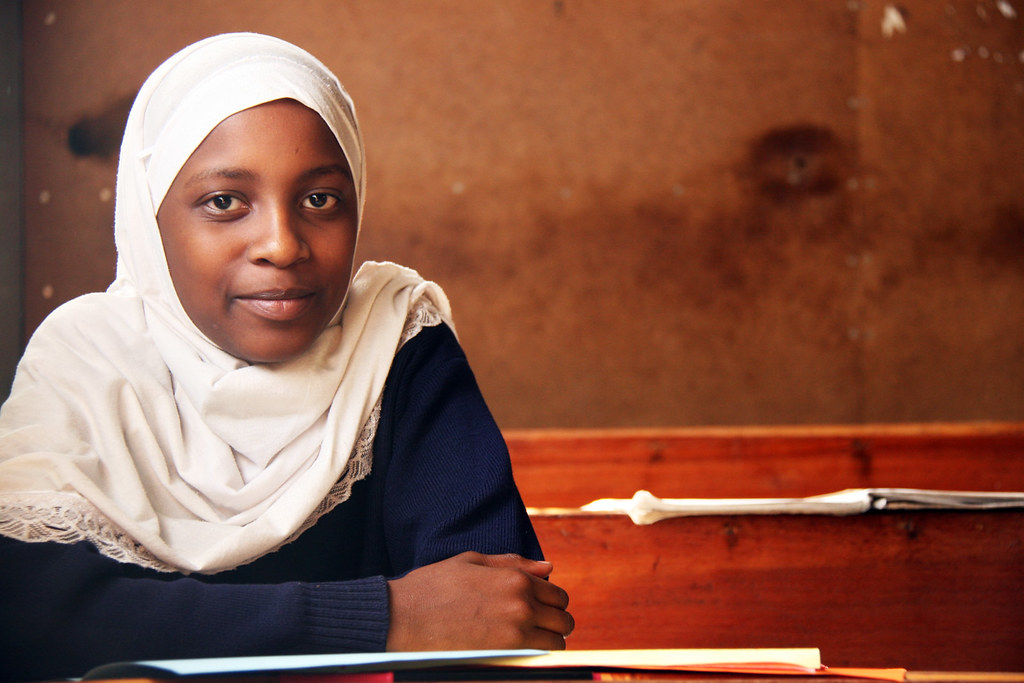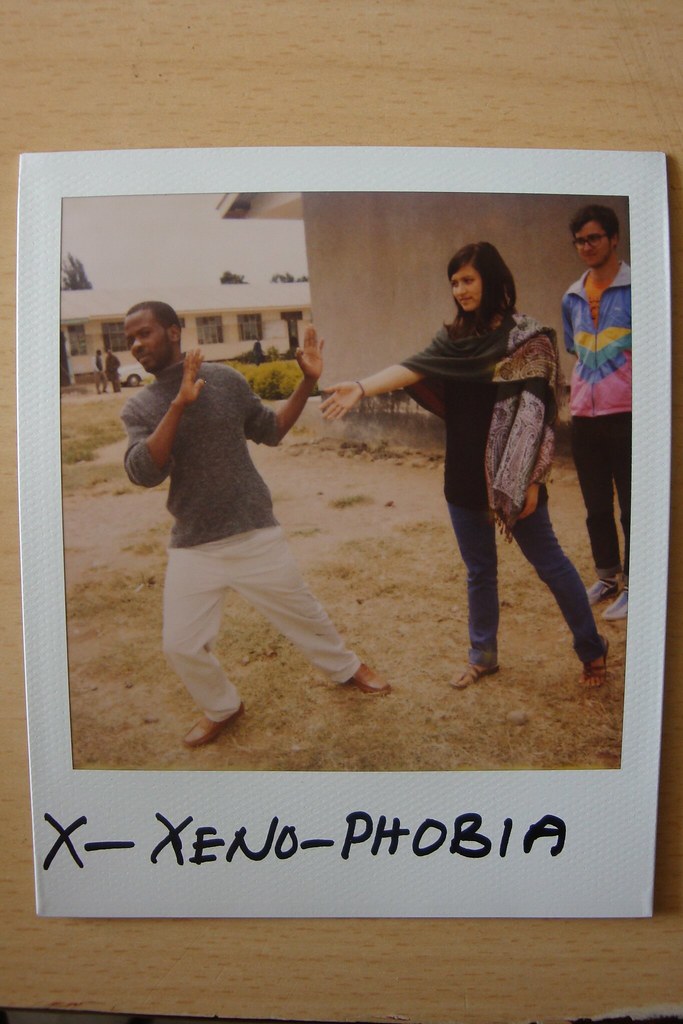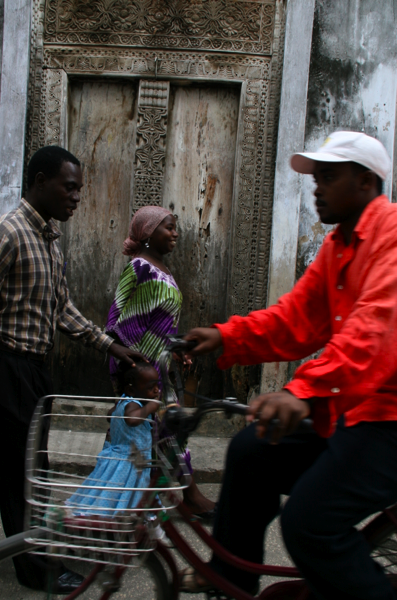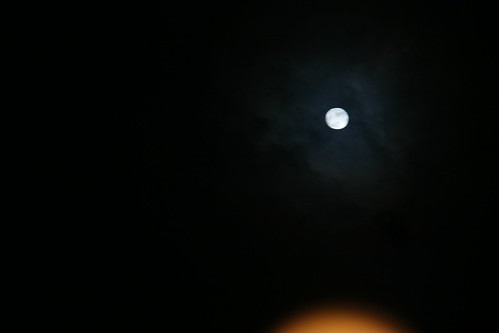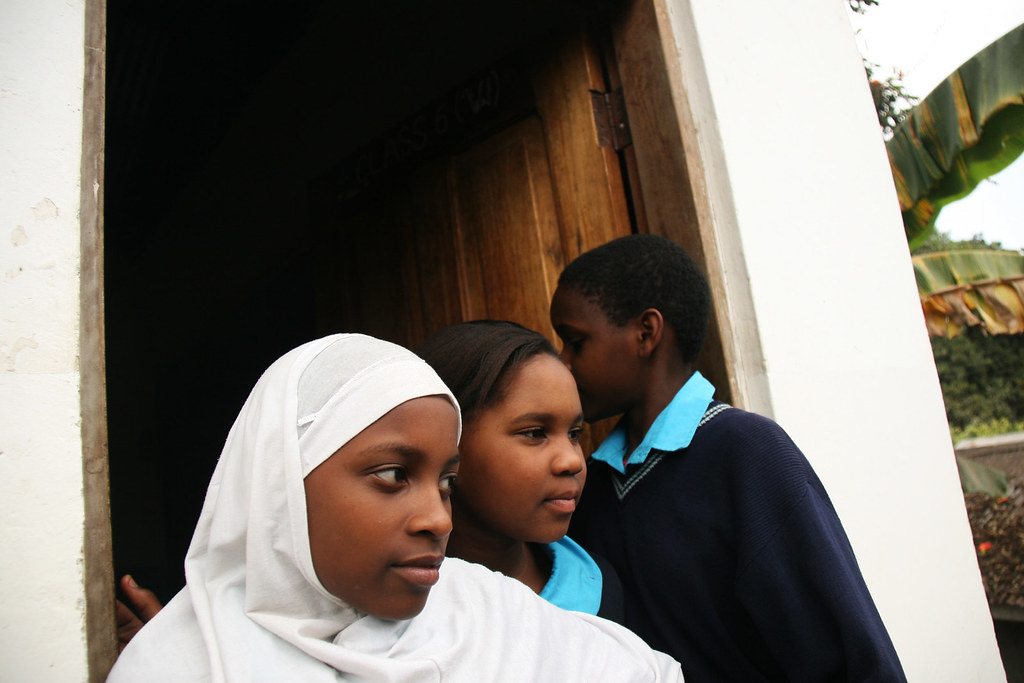
My homestay at Swifts ended this weekend. Bittersweet. I believe I've expressed how much I love the children at Swifts. Especially after all the "abuse" from children on the streets I've received lately, I'd arrive "home" to a yard full of boarders who'd unfailingly begin shouting "Hi Ma-REE-ssa! LTP! LTP!" I do believe some of the children have forgotten my name entirely, because sometimes they even shout "Hi LTP! Good e-ve-ning LTP!" It's precious, and it puts a huge smile on my face.

I've now visited around 8 schools and have taught at 3, and can safely say that the kids at Swifts are definitely unique. Collectively they have a quiet energy that can be felt the longer you stay with them. They possess an understanding of each other and compassion that I didn't see at other schools. They won't maul you if you're a visitor, and they always would share the camera during our LTP projects, which was semi-miraculous in comparison to experiences at other schools. The children range from age 3 to 14, but for the most part they are all together, making Swifts feel like an actual community.
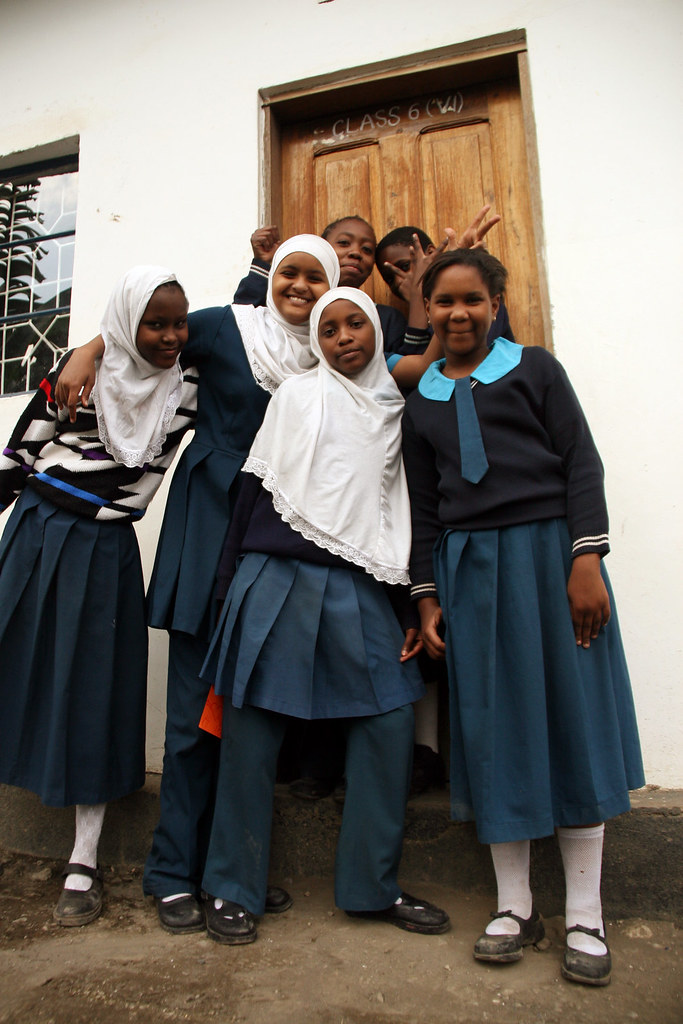
Mama Safia is the one that started the school a while back. The school was built around their house, so they both kind of blend into one. The house itself is simple, and it's apparent where they put their money and efforts: the school and the children that attend. There are now 6 children that board at Swifts, of which Mama Safia entirely supports financially. She says she especially wants to take in children that are from poorer neighborhoods that can't afford private schooling, that live in abusive families or just plain bad living conditions. For these students that she supports financially, she provides everything from living space and education to three meals a day and bath towels. "When I see that one of them has holes in the shoes, I buy them a new pair." She is honestly one of those people that you call "mama" or "motherly" and mean it completely. She is so caring and pleasant and I'd even say wise.
In her own words exactly,
"What I can, I do. What I can't, I leave."
By the way, this is Lashma. :)
